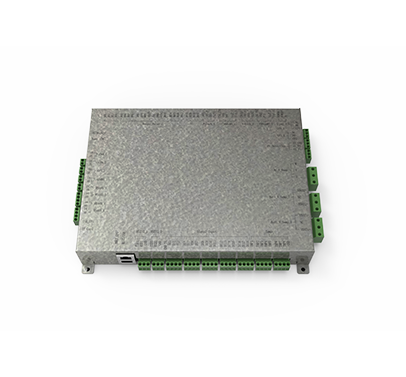
In a world where electric vehicles (EVs) are projected to reach 30% of global car sales by 2030, the importance of fast ev charge controllers cannot be overstated. These devices not only facilitate rapid charging but also navigate complex legal and regulatory landscapes that govern their deployment.
The Legal Framework Surrounding Fast EV Charge Controllers
Fast EV charge controllers serve as critical components in the infrastructure supporting electric mobility. Their legal attributes encompass compliance with safety standards, environmental regulations, and interoperability requirements set forth by various governing bodies. Furthermore, these controllers play a significant role in Multilateral Trade Agreements (MTAs), which aim to promote fair trade practices among nations while ensuring adherence to international standards for technology transfer and intellectual property rights.
The Role of DC Wallbox EV Chargers within Multilateral Trade Agreements
dc wallbox ev chargers exemplify advanced charging solutions that align with the stipulations outlined in MTAs. These agreements often emphasize technological innovation and sustainability, encouraging member countries to adopt state-of-the-art charging technologies like DC wallboxes. By facilitating cross-border trade in such technologies, MTAs help reduce tariffs on essential components while promoting collaboration between manufacturers across different jurisdictions.
The Characteristics of UUGreenPower under Multilateral Trade Agreements
UUGreenPower stands out as an innovative player within the realm of renewable energy solutions compliant with MTA frameworks. Its commitment to sustainable practices aligns seamlessly with international efforts aimed at reducing carbon footprints through cleaner energy sources. Moreover, UUGreenPower‘s products benefit from reduced trade barriers due to favorable terms negotiated under various MTAs, thus enhancing its competitive edge in global markets.
Conclusion

In summary, fast EV charge controllers embody crucial legal characteristics that influence their integration into existing infrastructures worldwide. Their alignment with Multilateral Trade Agreements fosters an environment conducive to innovation and cooperation among nations striving towards a sustainable future for electric mobility.

